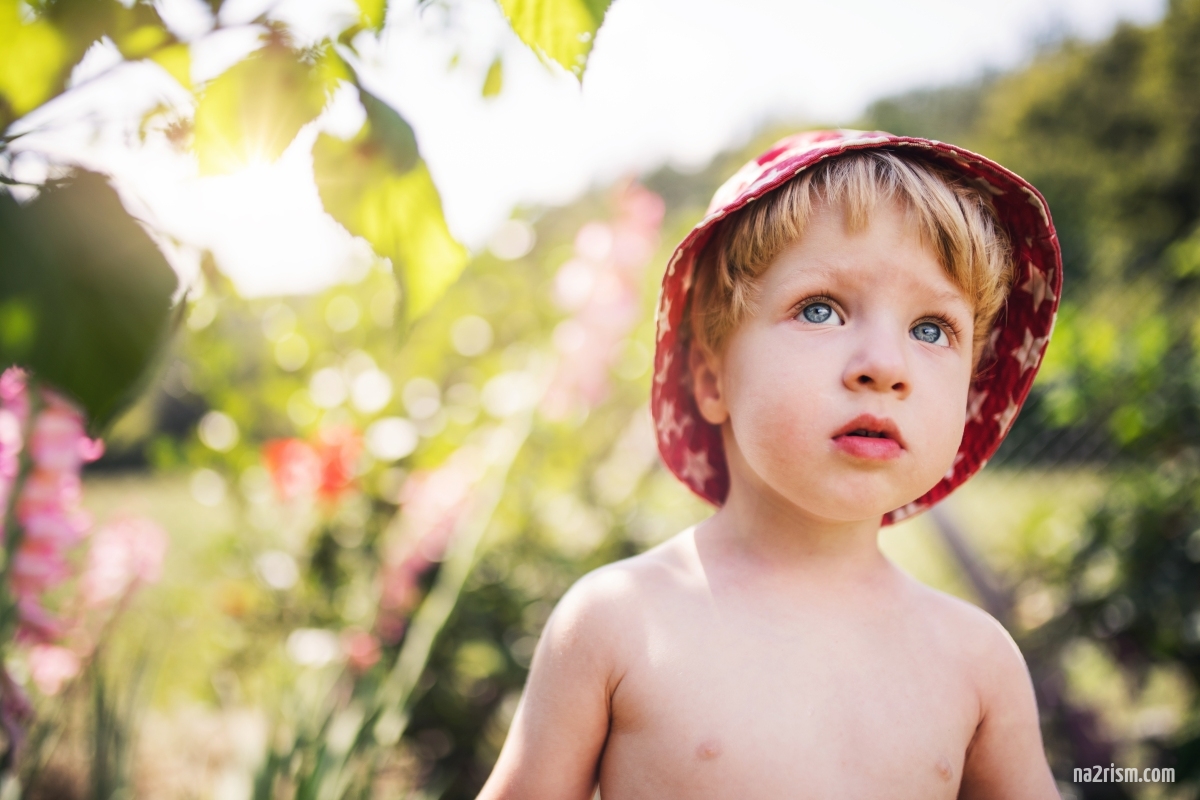Raising children in a naturist lifestyle offers unique opportunities for fostering body positivity, open-mindedness, and respect for nature and others. However, it also presents challenges that parents must navigate with care and intention. These challenges span social, cultural, and practical dimensions, requiring thoughtful approaches to ensure a healthy, enriching upbringing for children within the naturist community.
Navigating Social Stigma
One of the most significant challenges for naturist families is the pervasive social stigma surrounding nudity. Mainstream society often associates nudity with shame or indecency, leading to misconceptions about naturism. For children, this can manifest in uncomfortable questions or teasing from peers who may not understand the lifestyle.
Parents must equip their children with the tools to handle these interactions. Open communication about the values of naturism — such as respect for oneself and others, body acceptance, and environmental consciousness — can help children articulate their lifestyle choices confidently. At the same time, parents may face scrutiny or judgment from extended family, educators, or neighbors, requiring them to advocate for their family’s choices diplomatically.
Legal and Privacy Concerns
Naturist families must navigate complex legal landscapes, as laws around public nudity vary widely across regions. While naturist communities and designated areas offer safe spaces, venturing beyond these zones can lead to legal challenges or uncomfortable situations.
Privacy concerns also loom large in an age dominated by digital media. Parents must take proactive steps to safeguard their family’s privacy, ensuring that no unauthorized photos or information are shared online. Educating children about the importance of privacy and the potential risks of oversharing on social media is a critical part of modern naturist parenting.
Balancing Individuality and Conformity
Children raised in naturist households often find themselves navigating a dual identity: one within the accepting embrace of the naturist community and another within a society that may not share the same values. This dichotomy can be particularly challenging during adolescence, a period marked by a strong desire for social acceptance.
Parents must strike a balance between nurturing their children’s individuality and helping them adapt to societal norms when necessary. Encouraging open dialogue and validating their feelings can help children build resilience and self-confidence. Offering opportunities to connect with other naturist families or participate in youth-oriented naturist events can provide a supportive network where children feel understood and valued.
Addressing Body Image in a Diverse World
While naturism promotes body positivity, children growing up in a naturist environment are not immune to societal pressures regarding appearance. Exposure to media ideals and peer influences can challenge their self-perception, even within a lifestyle that champions acceptance of all body types.
Parents play a crucial role in reinforcing the naturist values of self-acceptance and diversity. By modeling these principles and creating an environment free from judgment or comparison, they can help their children develop a healthy relationship with their bodies. Engaging in discussions about media literacy and the unrealistic portrayal of beauty can further strengthen their children’s ability to critically evaluate external influences.
The Educational Journey
Introducing children to naturism often requires thoughtful consideration of their education. Public schools, where naturism may not be understood or embraced, can pose unique challenges. For instance, school dress codes, health education, and peer interactions may conflict with naturist principles.
Parents must work closely with educators to ensure that their children’s needs are respected while also helping their children navigate the school environment. Homeschooling or alternative education models may be options for some families, but these approaches come with their own set of challenges, including socialization and resources.
Community Engagement
Building a strong community is vital for naturist families, yet finding like-minded individuals or groups can sometimes prove difficult. Naturist clubs or resorts may not always be accessible due to location, cost, or exclusivity, limiting opportunities for children to engage with peers who share similar experiences.
Parents can overcome this challenge by exploring online communities or organizing meetups with other naturist families. Participation in regional or international naturist events can also broaden children’s horizons and reinforce their sense of belonging.
Adapting to Changing Perspectives
Children’s attitudes toward naturism may evolve as they grow older. What feels natural and joyful during childhood may be met with resistance or embarrassment during adolescence. Parents must respect their children’s changing perspectives while continuing to uphold their family values.
This adaptability requires a flexible approach, allowing children to make their own choices about how and when to participate in naturist activities. Respecting their autonomy while maintaining open lines of communication fosters trust and ensures that they feel supported, regardless of their stance on naturism.
The Resilience of Naturist Families
Raising children in a naturist lifestyle is both a challenge and an opportunity. It demands careful navigation of societal norms, legal considerations, and the evolving needs of growing children. Yet, for families committed to the principles of naturism, these challenges are outweighed by the profound sense of connection, acceptance, and joy that the lifestyle brings.
By fostering open communication, building strong support networks, and adapting to the unique needs of each child, naturist families can create an environment where children thrive — confident in their values and ready to engage with the world on their own terms.

